Best bike seatposts: what to consider when upgrading

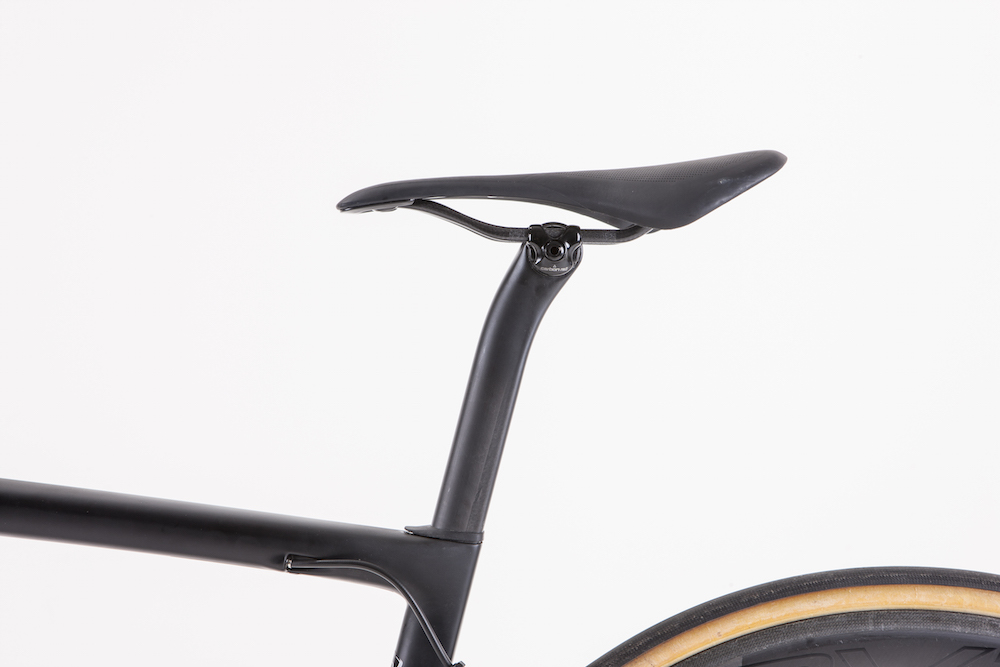
The latest race content, interviews, features, reviews and expert buying guides, direct to your inbox!
You are now subscribed
Your newsletter sign-up was successful
Wheels, saddles and handlebars are all items that cyclists love to upgrade - and understandably so, they all impact ride quality, comfort and speed. One other influential component that often gets overlooked is the bike's seatpost.
Your seatpost slips into the seat tube and attaches your saddle to your bike. Though there are exceptions, most of them look pretty unassuming. So what should you look out for in a seatpost upgrade?
Best seatposts to consider
Basic seatposts
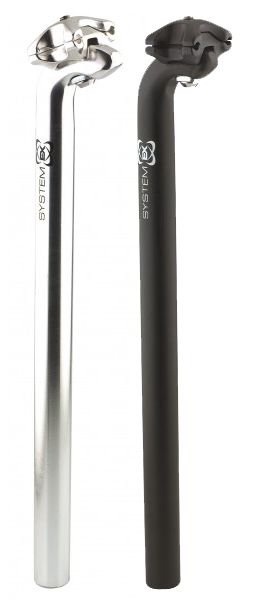
System Ex seatpost
Specifications
Reasons to buy
Reasons to avoid
Just want a seatpost that attaches the saddle to your bike so you can ride it?
The System Ex seatpost does that. Forged from 6061-T6 aluminium, it's 400m in length and comes in several widths including the 27.2mm and 31.6mm most commonly found on road bikes.
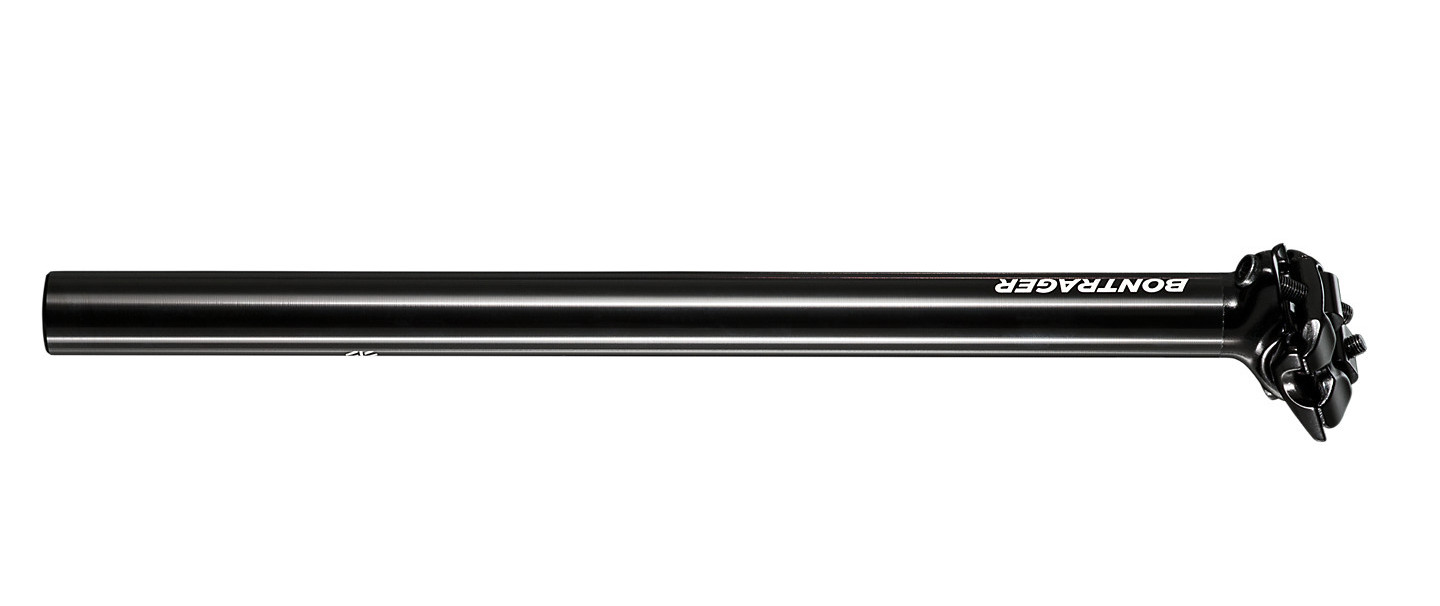
Bontrager Comp seatpost
Specifications
Reasons to buy
Reasons to avoid
Like the System Ex seatpost, the Bontrager Comp post is both simple and affordable. It too is forged from 6061-T6 aluminum and features a two-bolt adjustment. It's available in 330mm and 400mm lengths and comes in both 31.6mm and 27.2mm sizes.
Affordable carbon
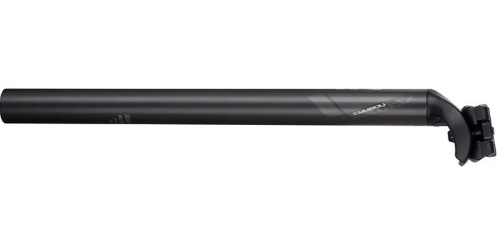
Vision TriMax Carbon Seat Post
Specifications
Reasons to buy
Reasons to avoid
You want carbon, but you don't want to spend more than you would on a pair of wheels. Sounds reasonable.
The Vision TriMax carbon seat post is from FSA's performance brand and under the £100 threshold - but weighs in at 221 grams and is available in a 25.4mm, 27.2mm and 31.6mm diameter. It's got 20mm offset and uses a one bolt attachment system that's compatible with round and oval saddle rails.
Vibration dampening
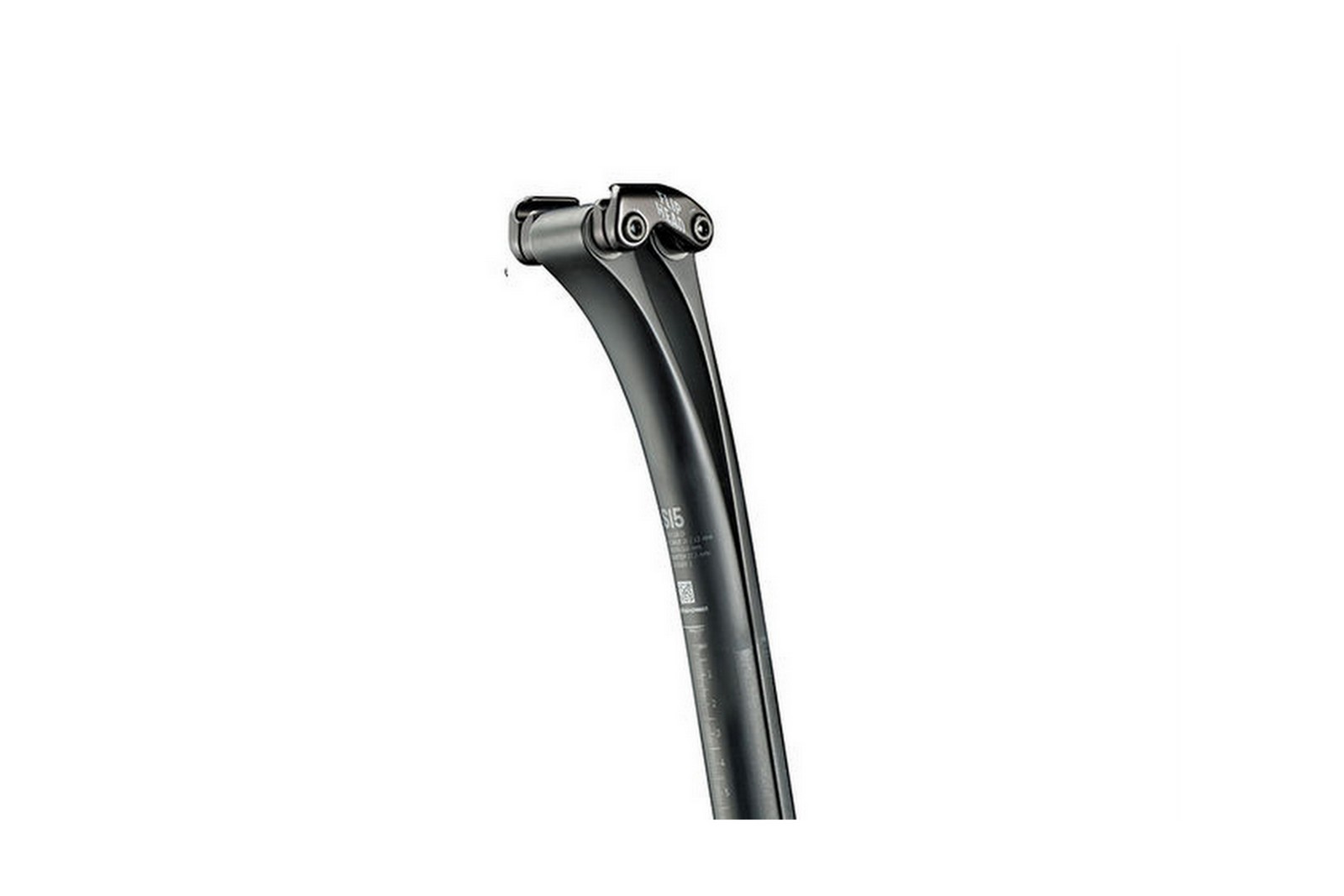
Canyon S15 VCLS 2.0 CF seatpost
Specifications
Reasons to buy
Reasons to avoid
Ok, so it's not cheap - but Canyon's VCLS seatpost is designed to offer superior vertical flex/compliance whilst maintaining lateral stiffness. A floating seat clamp means that saddle tilt is not affected by the comfort providing flexion.
These are only available in a 27.2mm diameter and the carbon construction weighs in at 220g. There is a zero offset version, the S14.
Suspension
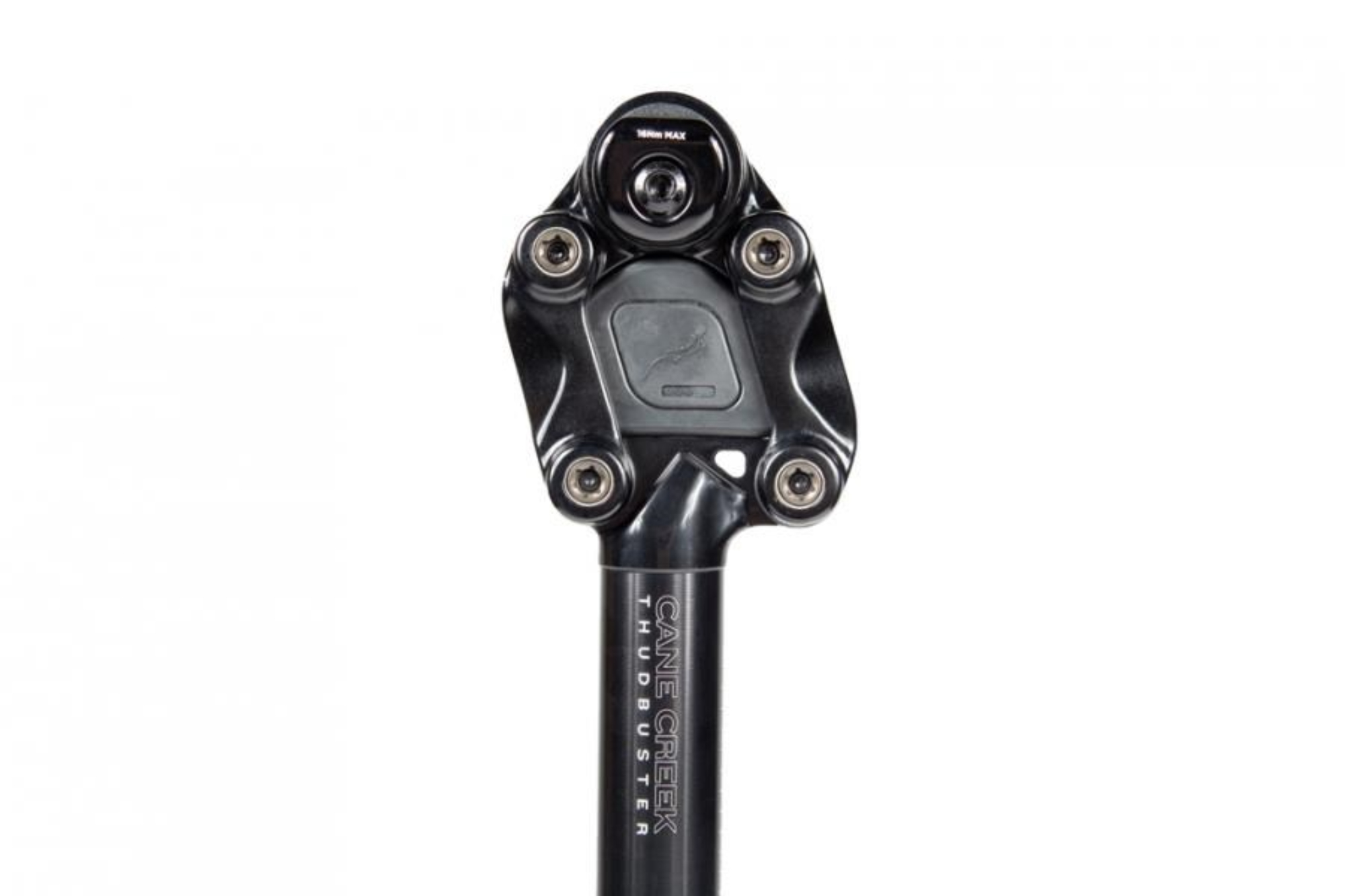
Specifications
Reasons to buy
Reasons to avoid
With 50mm of travel, this seatpost does a significant amount to take the edge off rougher terrain. Unlike the telescopic suspension seatposts of the past, this one is linkage driven, with the motion path being down and backwards rather than simply vertical. This feels a lot more natural and completely eliminates any feeling of being on a bouncy castle crossed with a pogo stick.
We were very impressed with the way that the Thudbuster allowed for a smooth and controlled cadence over rough terrain. With other seatposts on the same paths, the result had always been an over-geared hover over the saddle to try and mitigate the incessant impacts.
You do need at least 100mm of seatpost exposed to be able to sit this seatpost, however. Due to its shape and the suspension travel, not all giant saddlebags will be compatible, but a Restrap tail bag did work fine.
Lightweight
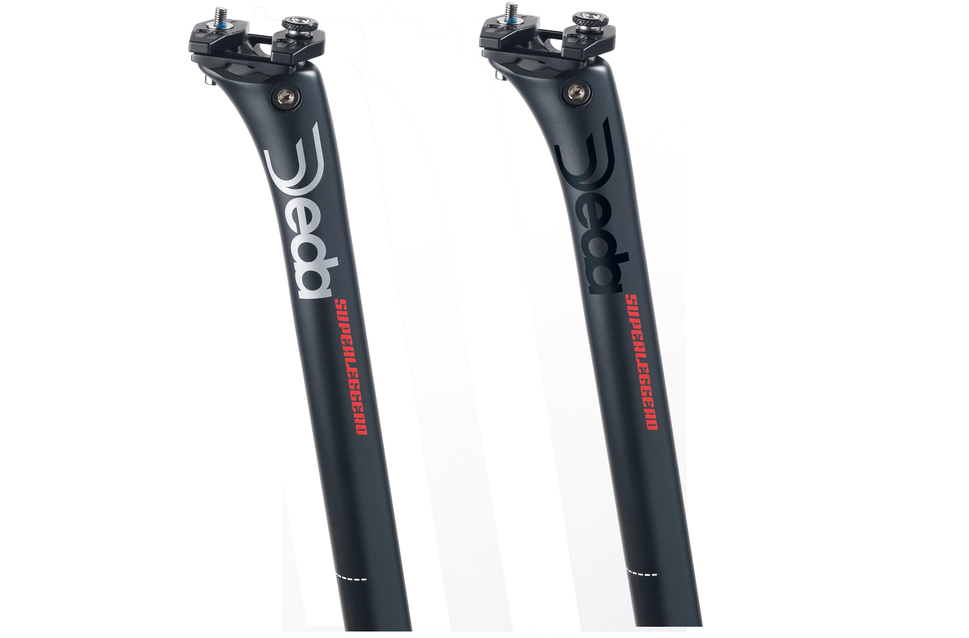
Deda Superleggero RS Carbon Seatpost
Deda Superleggero RS Carbon Seatpost
Specifications
Reasons to buy
Reasons to avoid
If you want to drop the weight of your bike, then check out the Deda Superleggero RS. Obviously, it's constructed from carbon, and it tips the scales at 176g in a 31.6mm diameter. It's also available in 27.1mm and both options are 350mm long. The clamp allows for tiny adjustments to saddle tilt, too.
There's plenty more options available - just make sure you opt for one in the correct diameter and with sufficient length for your riding position.
Seatposts: All you need to know
Seatpost material
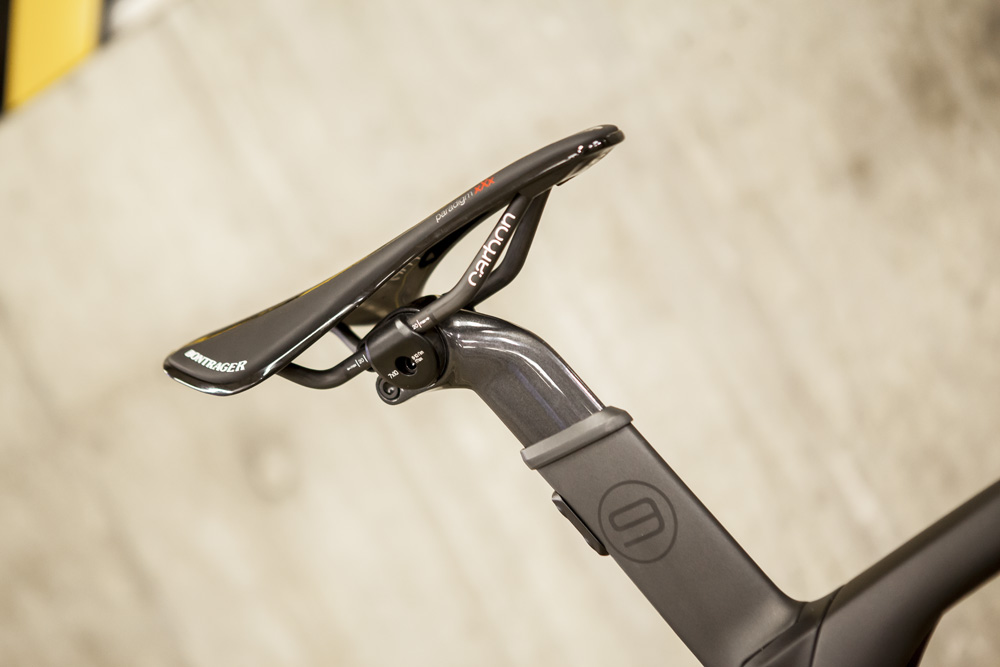
Seatposts are generally constructed from aluminium or carbon. A lot of road bikes come spec'd with aluminium options until you reach around the £2,000 or US$2,500 price point, though of course there are exceptions either side.
10 best bike saddles: a buyer's guide
As is consistently the case, aluminium is perfectly adequate and will do the job. Carbon seatposts, however, offer greater dampening from road vibrations and are lighter.
When it comes to cancelling vibrations, there are several steps brands take to aid this in frame construction: using thin seatstays; placing the seatpost clamp lower down so that more seatpost is exposed (allowing for more flex); and using a narrower seatpost A carbon seatpost is effectively an additional step; a cherry on top.
When it comes to weight, as an example, Evans Cycles' own brand HOY seatpost has an RRP of £34.99 and weighs 310 grams. A Deda Superzero carbon seatpost costs £123.99 RRP and weighs 216 grams.
If you don't feel your bike needs to be any more comfortable, and you're not fussed about 100 grams, then aluminium seems like a smart choice. If you want to drop the weight or add some cushion, look to spend more.
If you use a carbon seatpost, make sure to fit it using a thin layer of carbon paste as this stops it slipping. Pay attention to the quoted torque at which you should tighten the bolt - overdoing it can cause it to snap. If you don't own a torque wrench already, here you can find our recommendations for the best torque wrenches for bikes.
How to choose the right saddle for you
Diameter and length
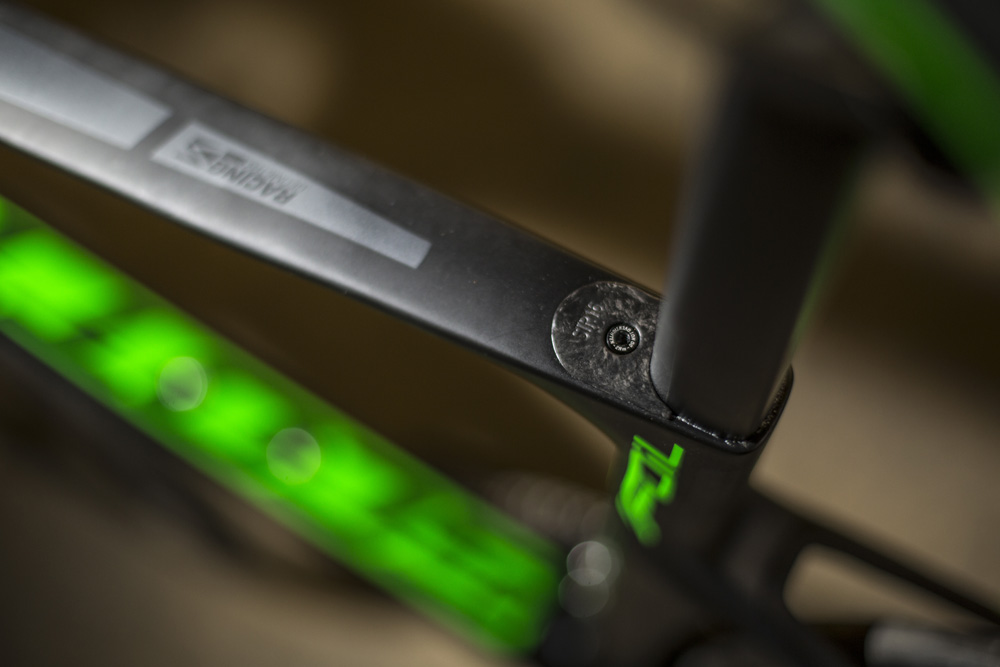
Though some brands like to play exception to the rule, the majority of bikes are designed to fit a seatpost of either 31.6mm or 27.2mm.
Skinnier seatposts are in vogue at the moment for the same reason skinny seatstays are popular: the theory is that they offer greater flex and therefore comfort.
There's not much choice on offer here: you need to pick a seatpost that will fit in your frame, so check the specification of your bike to see what the existing seatpost measures in at (or measure it).
There are different lengths on offer, too. Seatposts will have a marker which shows the minimum amount of post that can be inside the seat tube. If you ride a small frame with a lot of seatpost showing, you'll need to make sure you buy a post that allows for this.
Similarly, if you ride a very small frame size and intend to have the saddle quite low, make sure there's nothing obstructing a longer seatpost from slotting in. However, whilst you can always cut a seatpost that's too long, you can't add to the length if it's too short.
Layback
Seatposts can be zero offset, or come with layback.A zero offset seatpost will place the saddle directly above the clamp - though of course you can adjust it forward and back on the rails.
A layback seatpost slopes slightly backwards, placing the saddle further back, something you'd want to do if you can't get your knee in the right position over the ball of your foot with a zero offset version.
Clamps and saddle adjustment
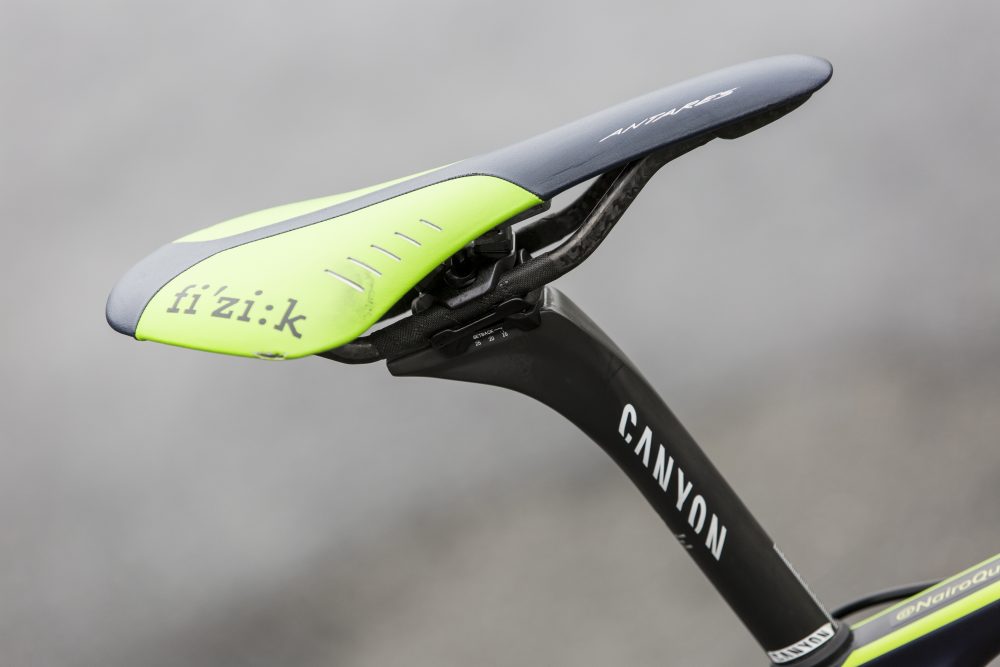
All seatposts clamp to the saddle in their own unique way, and have different methods of allowing the saddle to point slightly down, slightly up or remain flat.
Some clamps are delightfully easy to use. Others are temperamental at best and will only cause you vexation. Check out the way the seatpost clamps before you buy.
Aerodynamic seatposts
Aero road bikes come with aero seatposts. These are flatter and designed to channel air more seamlessly, limiting the resistance that slows you down.
Rear lights can be a bit of an issue when it comes to an aero post, although many brands now offer adaptors that allow for the shape.
If you've got an aero seatpost, it's going to have a special shape and you'll probably have to replace it like-for-like or with something from the same brand; an upgrade could be tricky.
If your frame isn't designed for an aero seatpost, but you really want one, then some brands offer round versions with an aero shape, such as those from Brick Lane Bikes. However, obviously the aero bit won't fit in the frame, so you'll need to make sure it fits.
Suspension, dampening techniques and dropper posts

Concerted efforts have been made in recent years to further squash out the road buzz that can translate to fatigue over long miles.
There's the Canyon VCLS (it stands for Vertical Comfort Lateral Stiffness) seatpost, which uses a 'v' shaped split to create two thinner strips of material and thus disrupt the buzz from that nasty tarmac before it reaches the rider.
The Specialized CG-R features a 'z' shaped switchback containing the brand's 'Zertz' material; also embedded into forks and seatstays, this again is designed to cancel out shock and vibration.
The same brand is also responsible for bringing dropper seatposts to the road audience: the Specialized Diverge, in its S-Works form, features a 'Command' dropper post. The theory is that those riding the adventure road bike, like mountain bikers, will want to be able to adjust their saddle height to suit the terrain.
Specialized bikes: which model is right for you?
There's a wealth of options available, and in the cases above they can be purchased separately and fitted to your own machine, provided the diameter and shape are compatible.
The latest race content, interviews, features, reviews and expert buying guides, direct to your inbox!
Michelle Arthurs-Brennan the Editor of Cycling Weekly website. An NCTJ qualified traditional journalist by trade, Michelle began her career working for local newspapers. She's worked within the cycling industry since 2012, and joined the Cycling Weekly team in 2017, having previously been Editor at Total Women's Cycling. Prior to welcoming her first daughter in 2022, Michelle raced on the road, track, and in time trials, and still rides as much as she can - albeit a fair proportion indoors, for now.
Michelle is on maternity leave from April 2025 until spring 2026.
